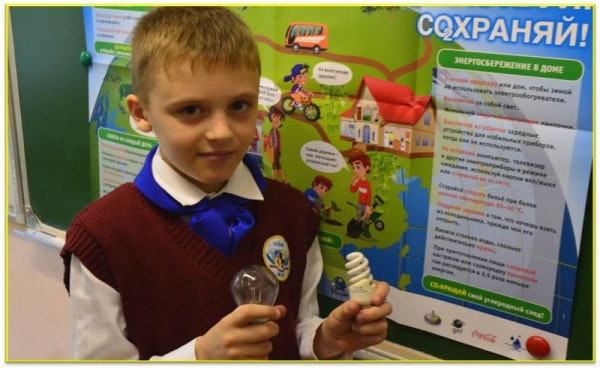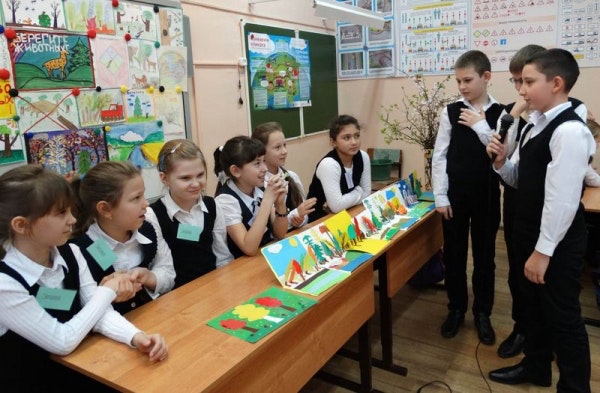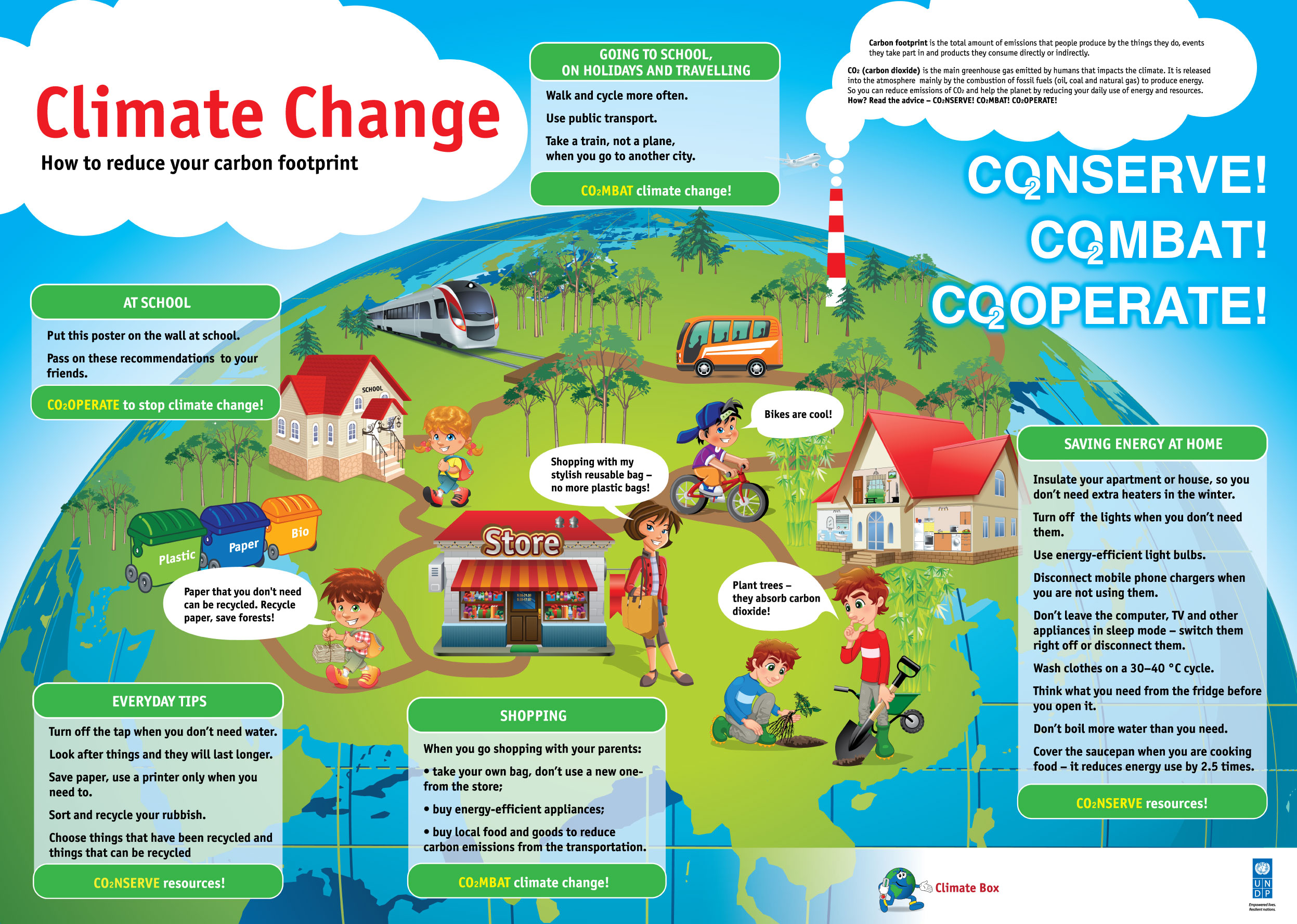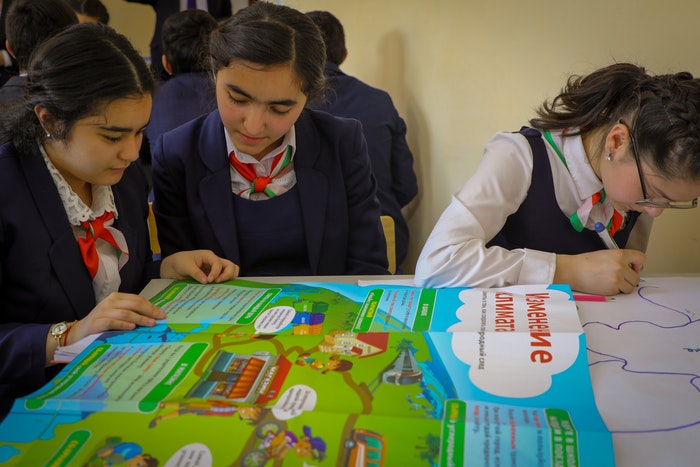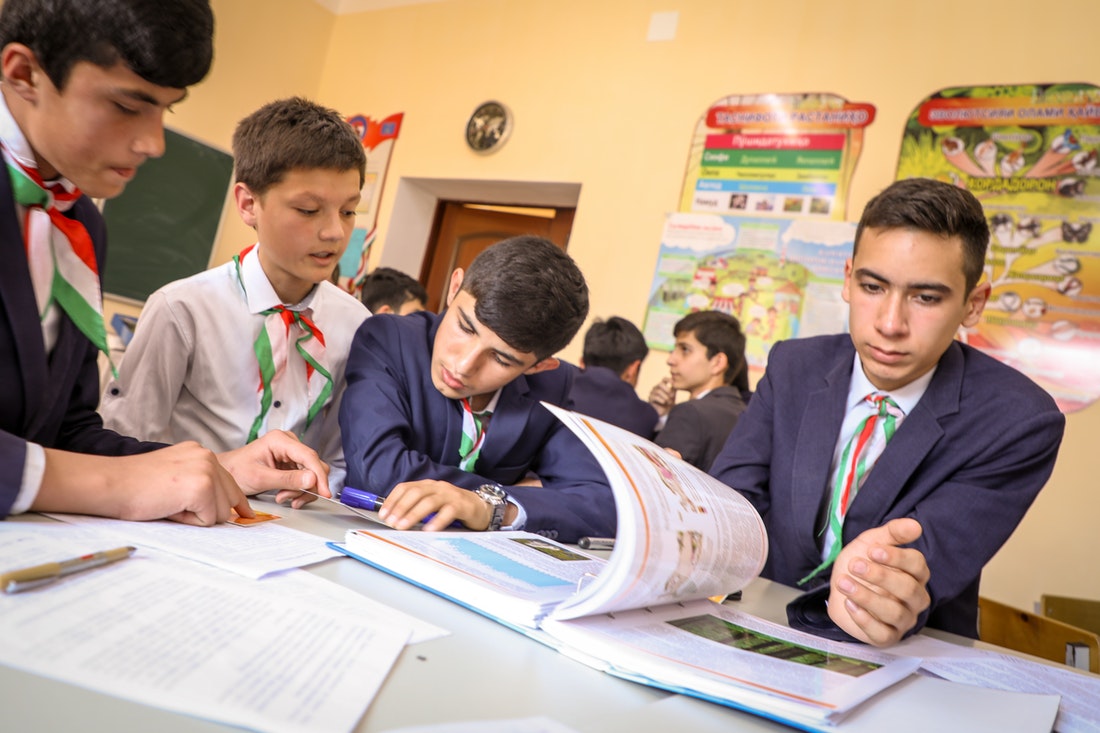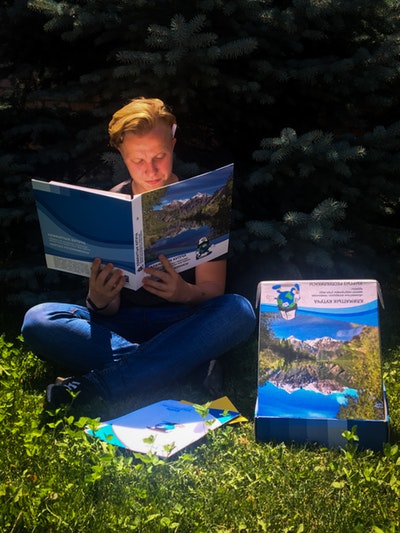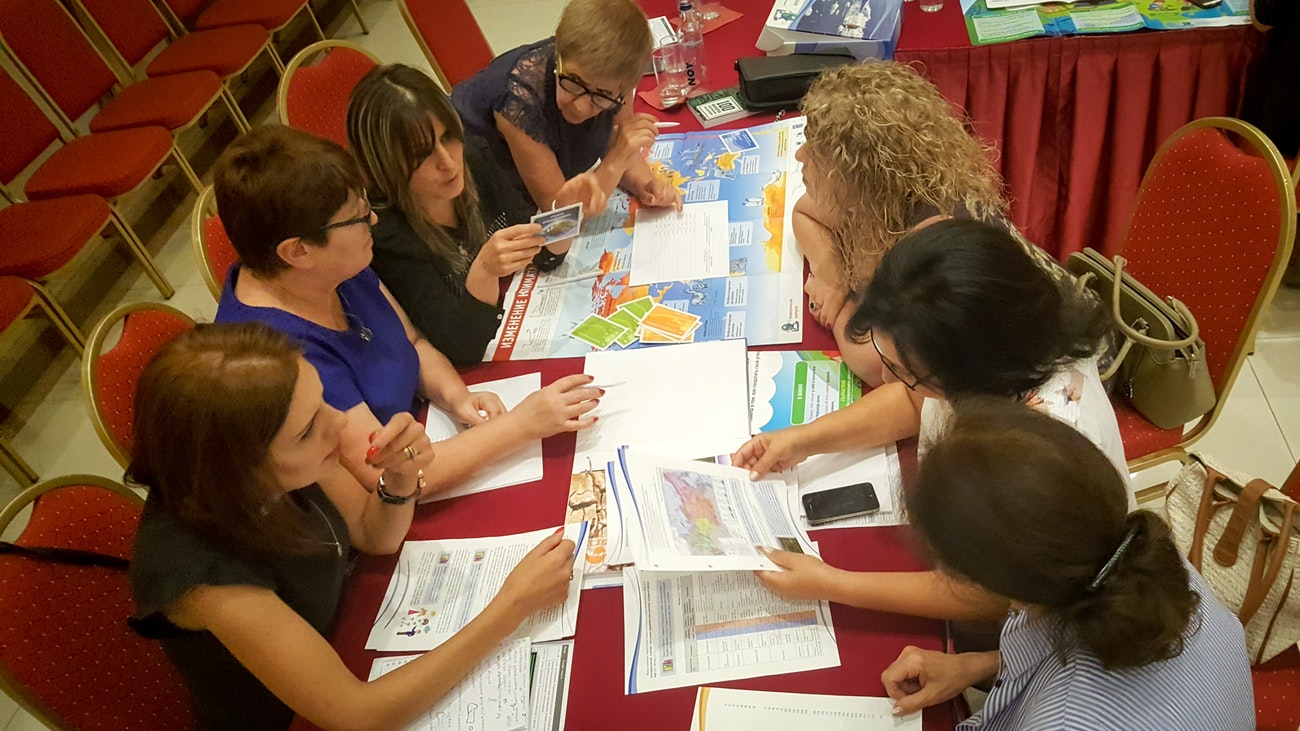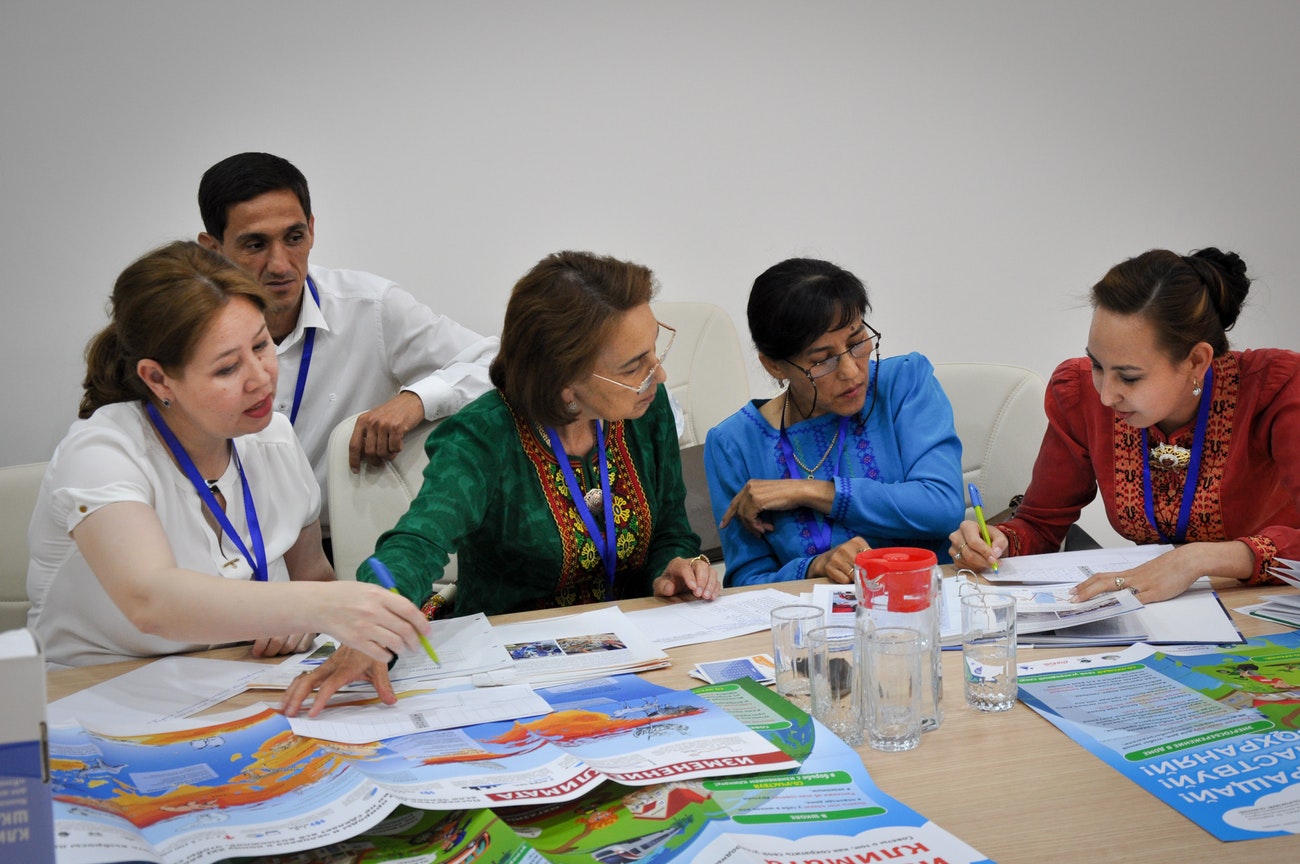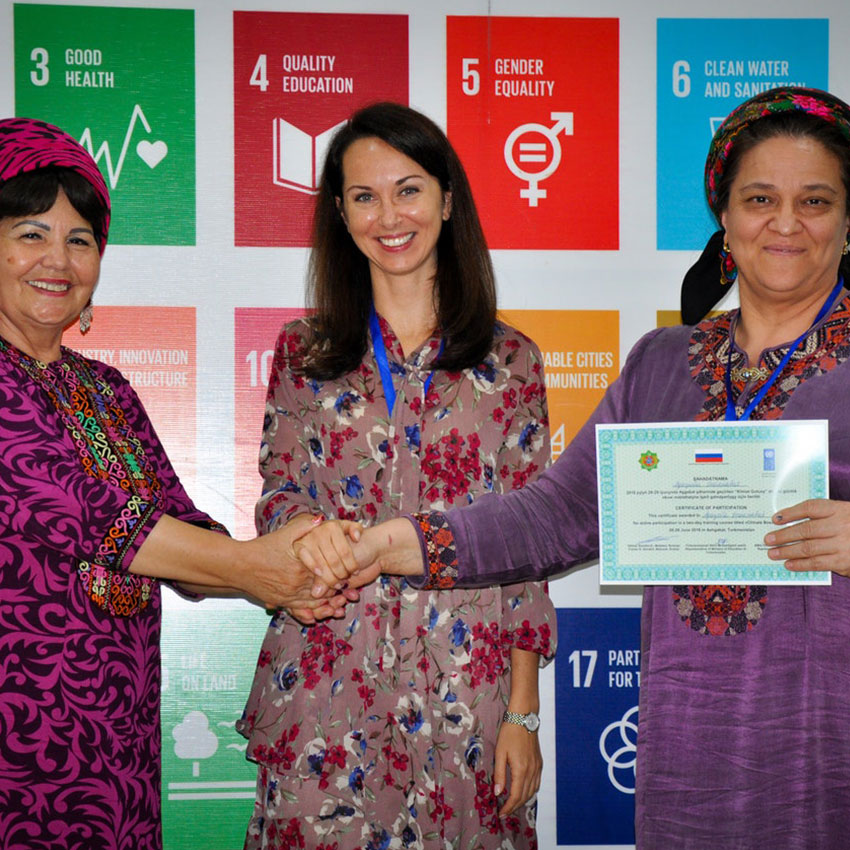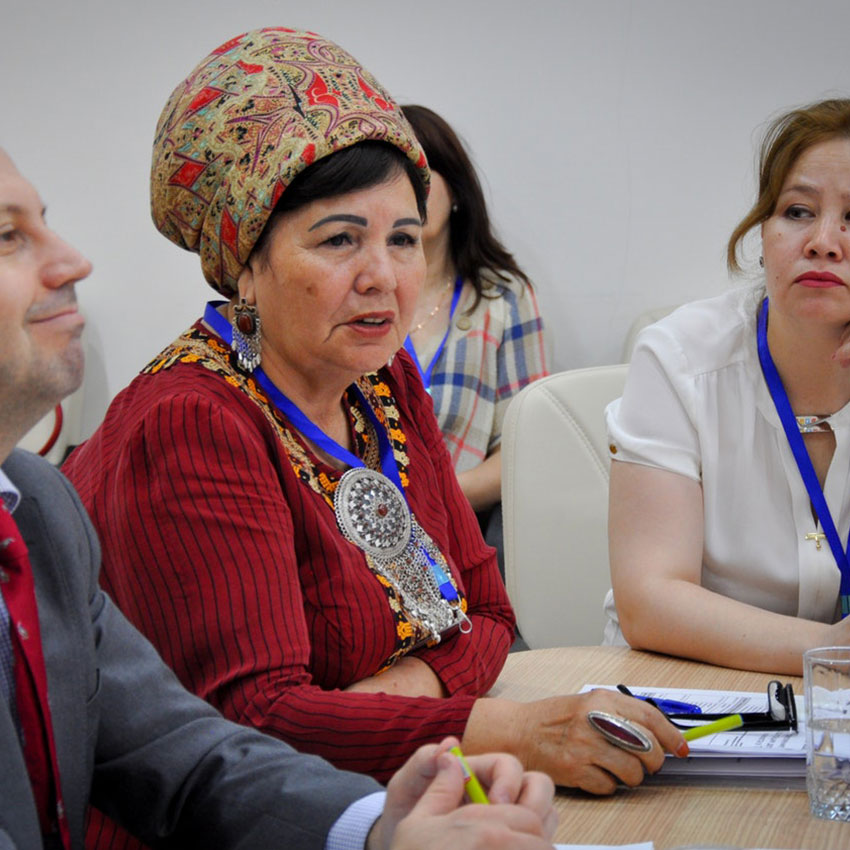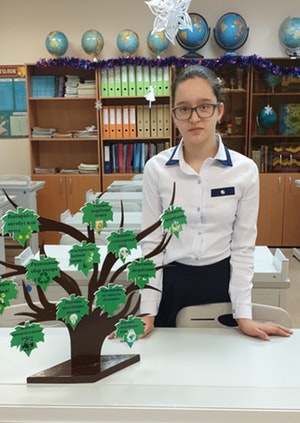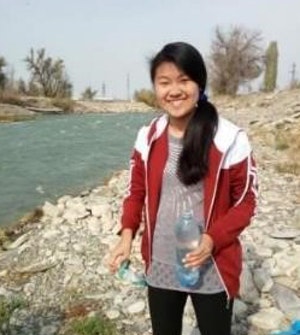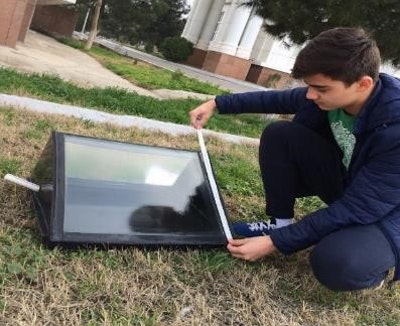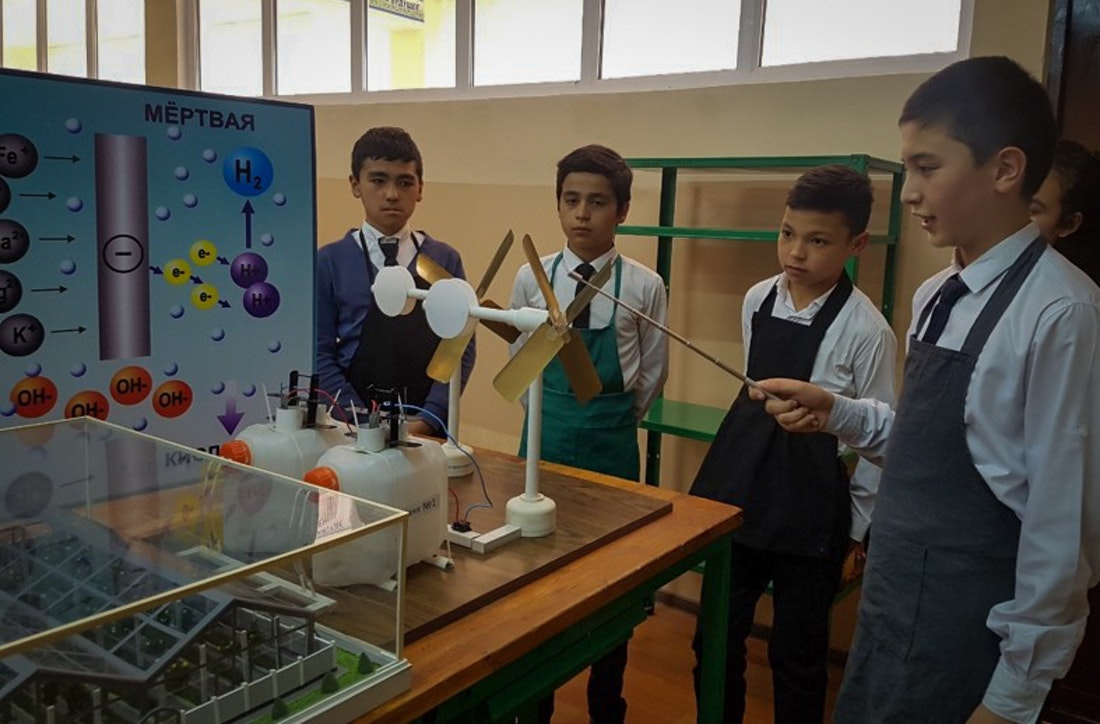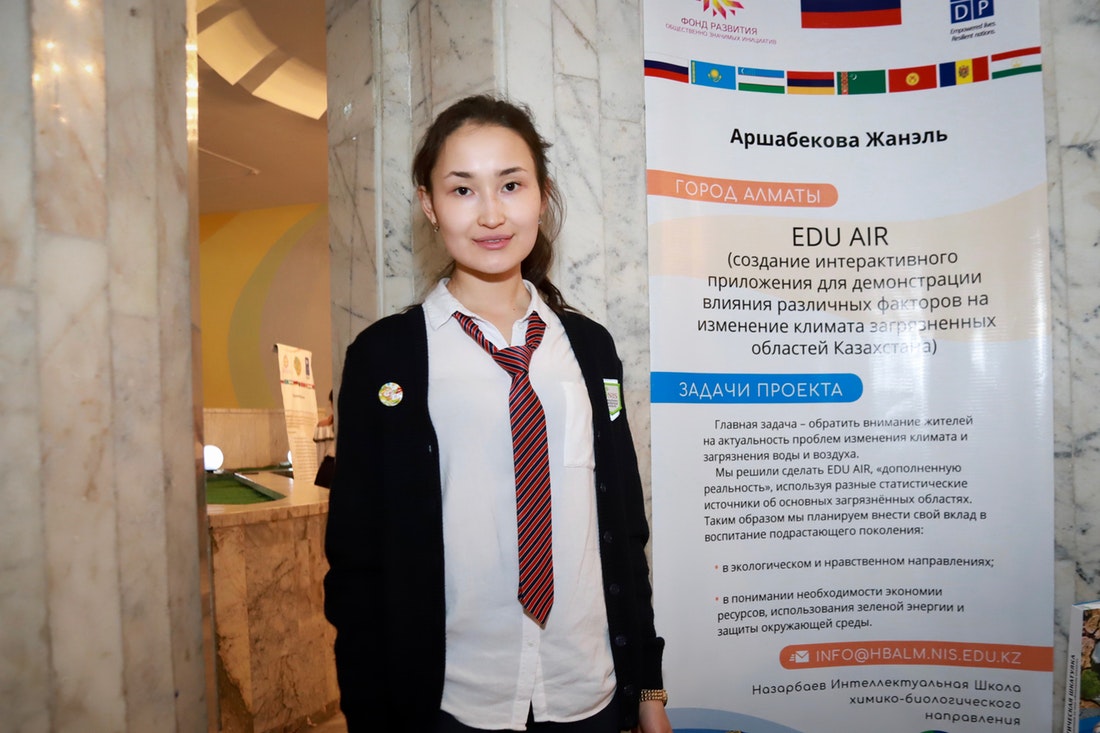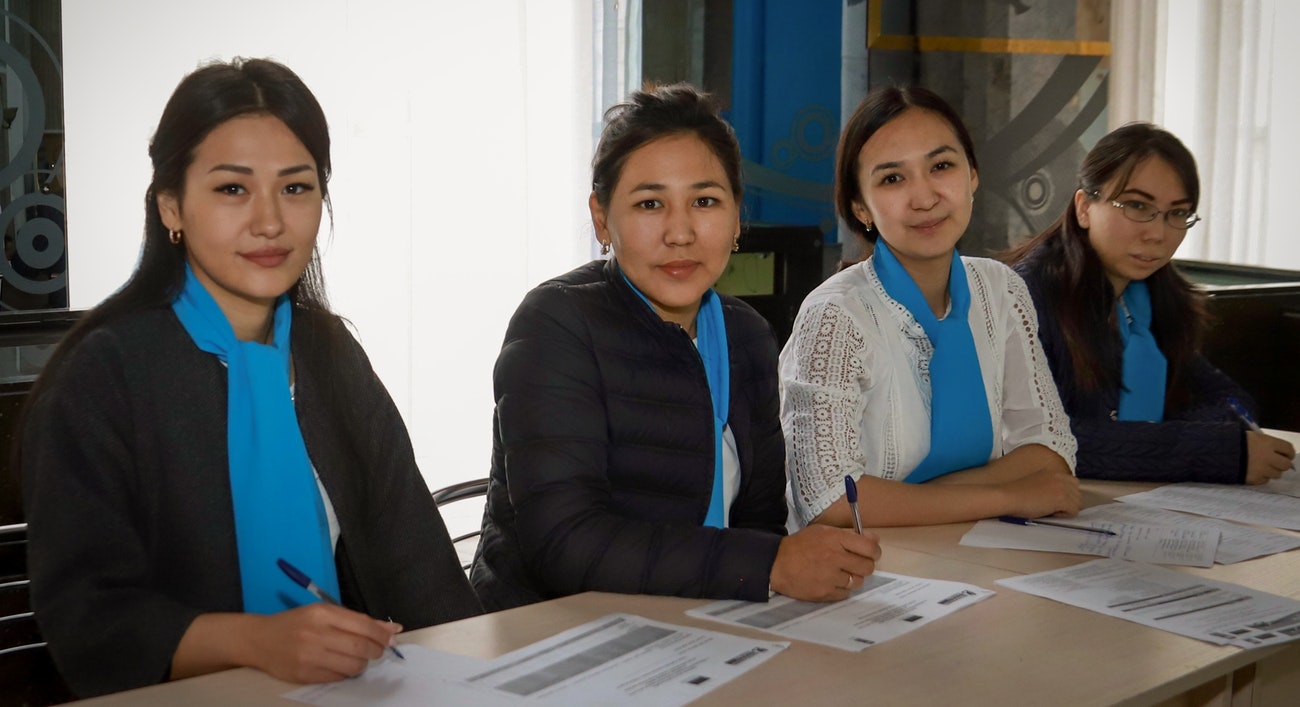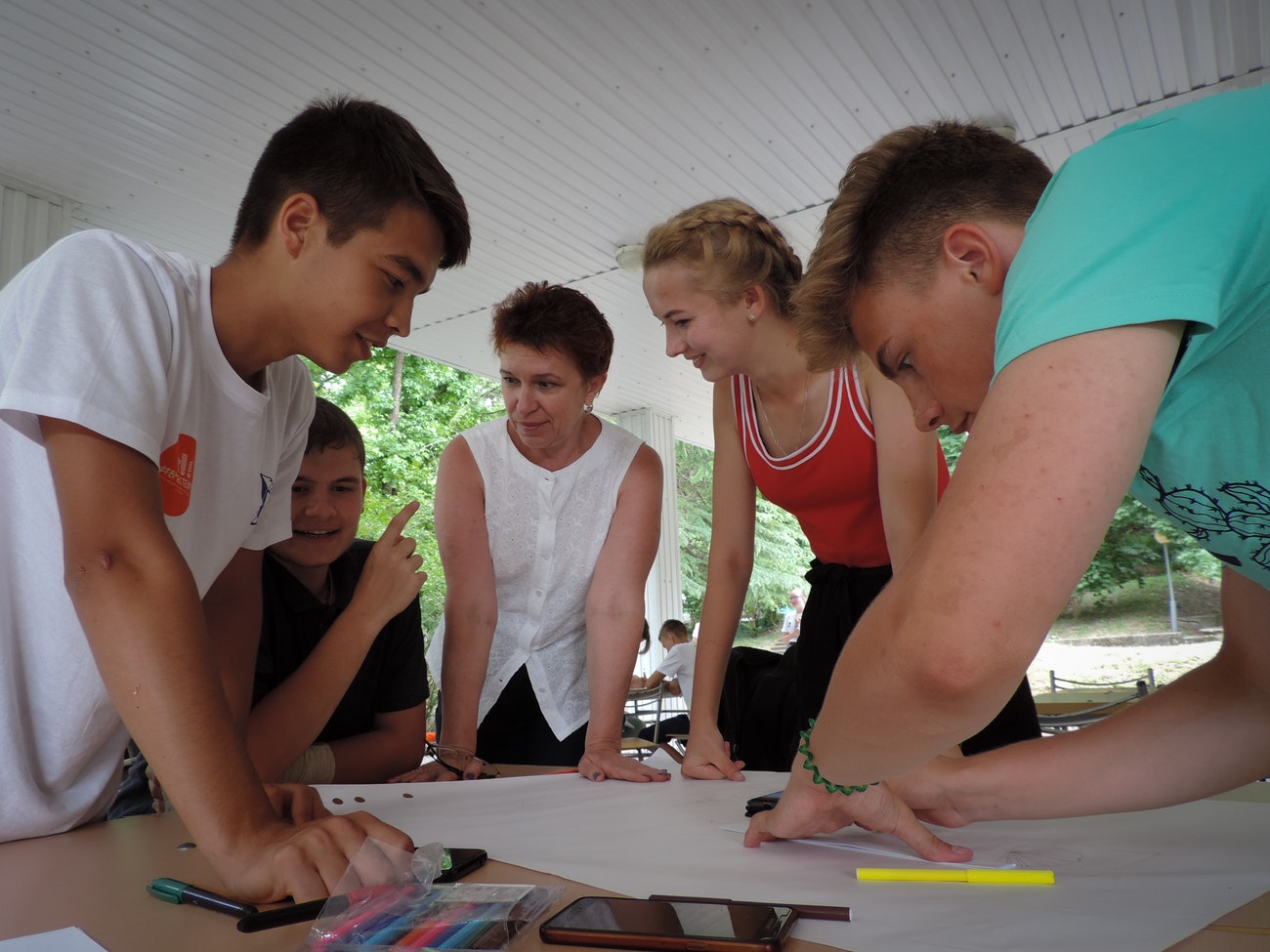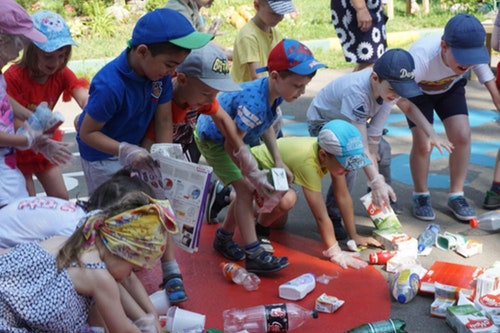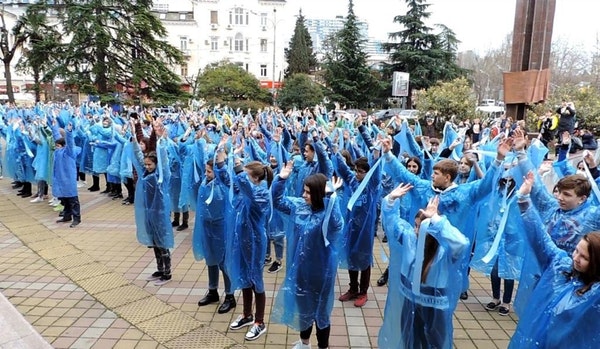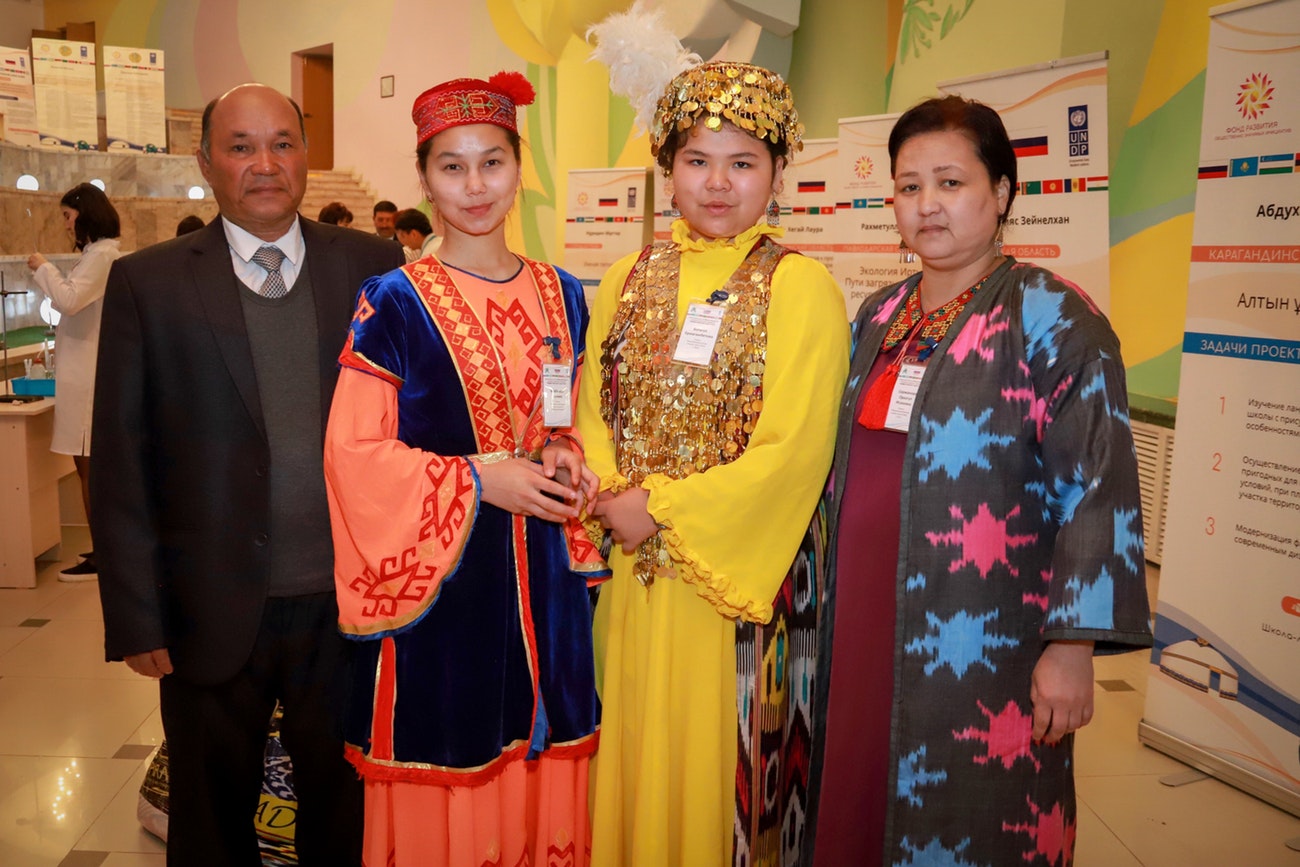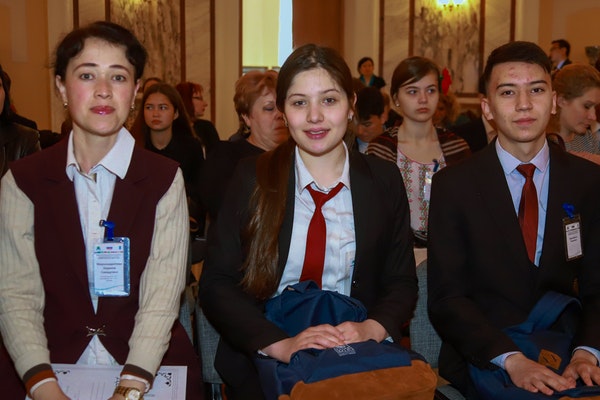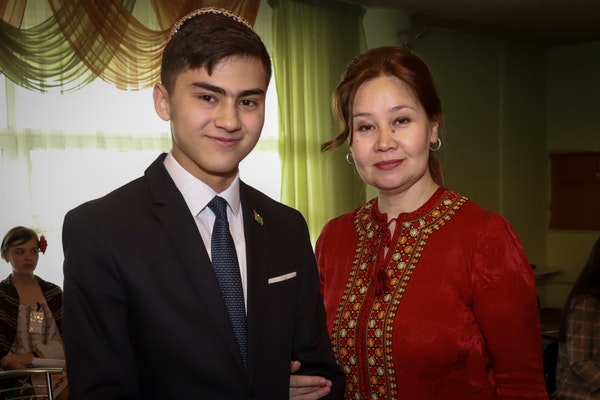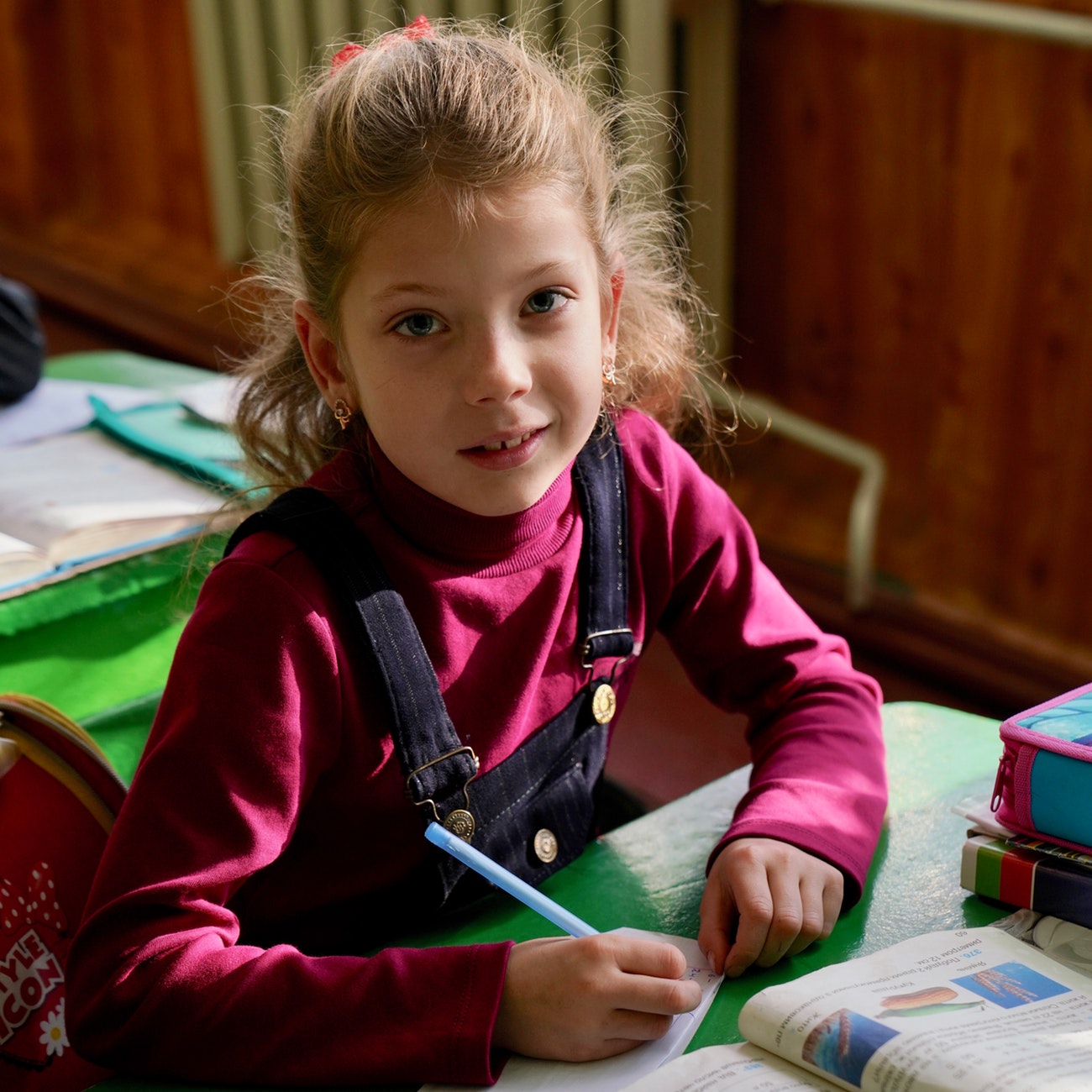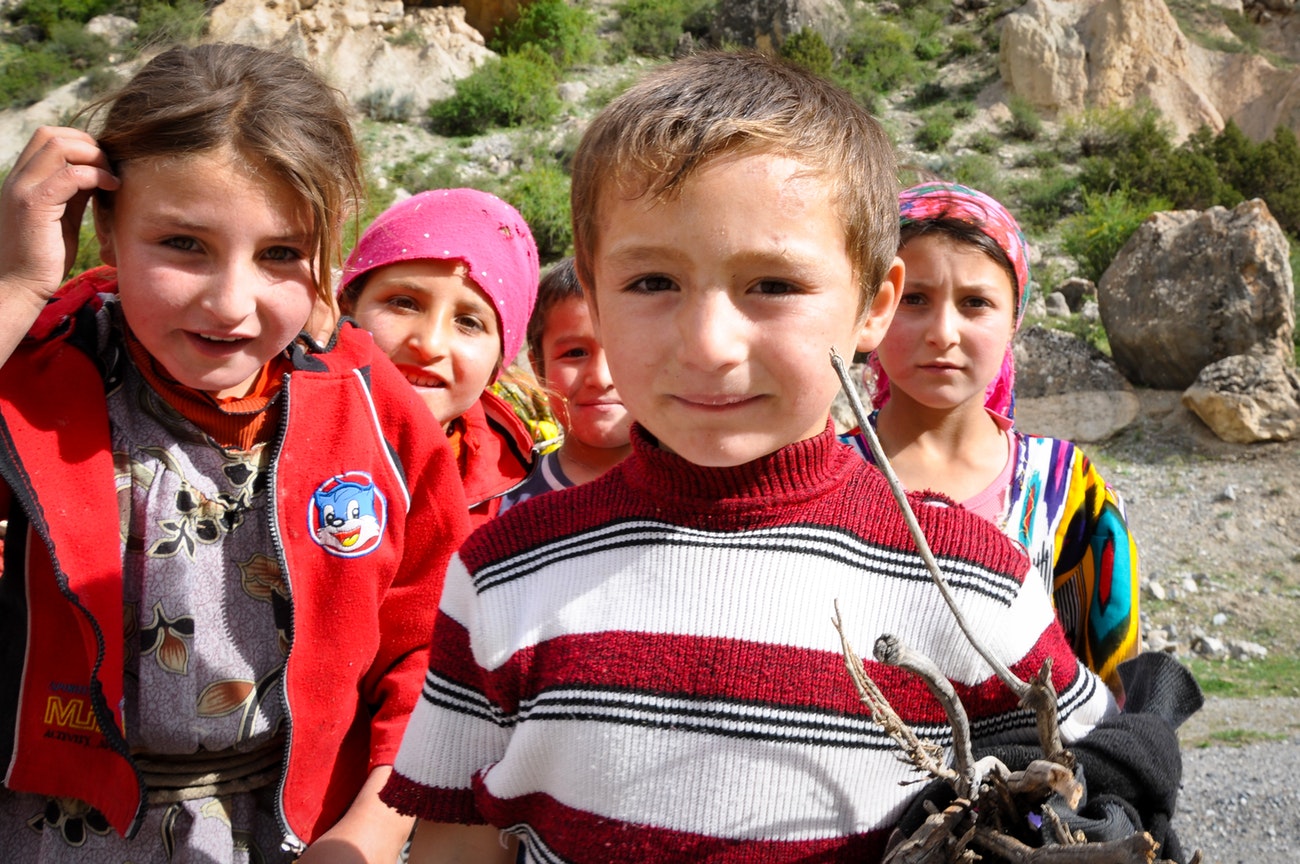Climate Curriculum Reaches 50,000 Students and Counting in Eight Countries Across Eastern Europe and Central Asia
LEADING THE FIGHT
Across the world, young people are increasingly leading the fight for climate action.
‘Children and youth bring energy and creative thinking to climate action. It’s our role to engage and empower them through innovative education and learning on climate change’ said Armen Grigoryan, Regional team leader for climate change and disaster risk reduction, UNDP Europe and Central Asia.
EIGHT COUNTRIES AND COUNTING
Helping to catalyse youth action across Europe and Central Asia, Climate Box is an integrated climate education programme launched in 2015.
Targeting children aged seven to 16, the curriculum has been designed to teach children how to lead climate- and environmentally-friendly lifestyles.
To date, it has reached over 50,000 students in eight countries throughout Eastern Europe and Central Asia: Armenia, Kazakhstan, Kyrgyzstan, Moldova, Russia, Tajikistan, Turkmenistan, and Uzbekistan.
Climate Box includes an illustrated textbook for students, a ‘Climate Quiz’ set of game cards, a wall map featuring possible effects of climate change, and a poster with tips on reducing your carbon footprint.
TRANSFORMING CLIMATE EDUCATION
The programme enables school teachers to deliver up-to-date climate change knowledge to their students and inspires young people to undertake climate action.
The curriculum is flexible, with group activities, projects and experiments, as well as materials that students can use individually. It has allowed teachers and youth alike to take control of climate change education, engaging interactively with the subject matter and learning while having fun.
INVESTING IN TEACHERS
Teachers access scientifically sound and up-to-date information on climate change and receive guidance for presenting climate change tailored to their national context within their academic curriculum.
In 2018 alone, 750 teachers from eight countries engaged in training and awareness activities supported by Climate Box.
The programme also engages with each nation’s ministry of education to increase awareness of Climate Box among academic circles.
As of June 2019, national-level programme activities have, in the aggregate across the region, engaged nearly 3,000 teachers in over 2,000 schools, and have reached more than 50,000 students.
- In Kazakhstan, 800 teachers across 75 schools have been engaged, impacting ~13,500 students;
- In Kyrgyzstan, 764 teachers across 1,500 schools have been engaged, impacting ~35,000 students;
- In Tajikistan, 60 teachers across nine schools have been engaged, impacting ~1,080 students;
- In Armenia, 57 teachers across 24 schools have been engaged, impacting ~1,253 students;
- In Moldova, 174 teachers across 155 schools have been engaged, impacting ~3,100 students;
- In Turkmenistan, 400 teachers across 50 schools have been engaged, impacting ~2,500 students;
- Efforts are underway at an additional 260+ schools and three universities throughout Armenia, Moldova, Turkmenistan and Uzbekistan – with an additional 8,300+ students already engaged;
- In Uzbekistan, 168 teachers across 36 schools and three universities have been engaged, impacting ~1,500 students; and
- In Russia, as the pilot country of the project, over 500 school teachers from 157 schools have been engaged from 2015-2019, impacting over 11,300 school children.
KNOWLEDGE & ACTION
And Climate Box has expanded beyond the classroom.
Encouraged by Climate Box, students in eight countries implemented practical climate-related projects in their schools and communities. The best national projects were presented at a regional school competition in two categories: reducing carbon footprint and climate change and water resources.
In April 2019, the students and their teachers met in Almaty, Kazakhstan, to celebrate the final international round of the competition where 26 best community climate projects were awarded.
School teams proudly demonstrated their projects ranging from water purification technologies to water-efficient irrigation, greenhouses, waste management, forest restoration, renewable energy pilots, community awareness and advocacy.
Eight winners received a chance to travel to an international thematic summer camp in Russia.
CLIMATE CAMP
In June 2019, schoolchildren from nine countries – Armenia, Belarus, Kazakhstan, Kyrgyzstan, Moldova, Russia, Tajikistan, Turkmenistan, and Uzbekistan – participated in a climate summer camp. The camp focused on energy efficiency and personal involvement in nature conservation.
The campers thoroughly enjoyed the experience.
Tatyana Manastyrly, a high school student from Moldova, said that she was ‘very grateful to the Climate Box project for such a magical adventure. This trip played a big role in my self-realisation and changed my views on everything around me and on life in general’.
Hurshedzhon Komilov, a highschooler from Tajikistan, added, ‘From participating in the programme, I have only positive impressions, I found many new friends who became my family, I learned a lot of new things about energy and ecology. This shift was unforgettable.’
FROM LOCAL SCHOOLS TO INTERNATIONAL IMPACTS
The Climate Box project contributes to Action for Climate Empowerment (ACE), a framework adopted by the United Nations Framework Convention on Climate Change (UNFCCC). ACE developed from the recognition that to achieve the targets of the Paris Agreement, countries need enhanced climate change education, public awareness, and public participation.
The implementation of ACE has been identified as a pivotal factor for individuals and governments to understand and participate in solving the complex challenges presented by climate change.
ACHIEVING GOALS FOR THE FUTURE
Education comprises an integral part of climate leadership, and Climate Box is working to make climate change education more relevant, equitable, and inclusive for all youth. By building the foundation of climate action on education, countries across ECIS can reach their commitments to the Paris Agreement, achieve the SDGs, and secure a climate-stable future for today’s youth.
For climate action, education is key.

Climate Box is an interactive learning programme targeting school children to teach them about the science behind climate change, including practical tips on how to reduce their carbon footprint and adapt to impacts of climate change. It was developed by a multidisciplinary team of authors – including leading climate experts, scientists, teachers, and professional children’s book authors. The Climate Box was developed by UNDP with the financial support from the GEF, the Government of the Russian Federation and The Coca Cola Company. You can access the toolkit materials at www.climate-box.com.

